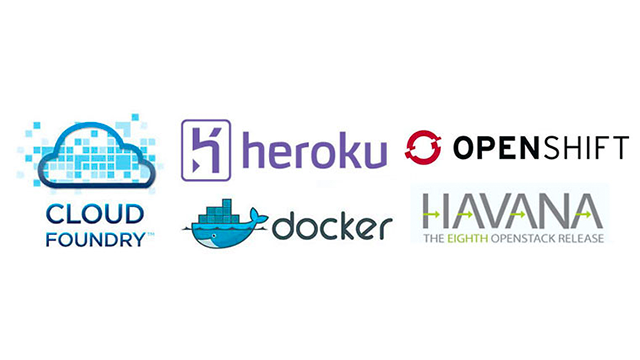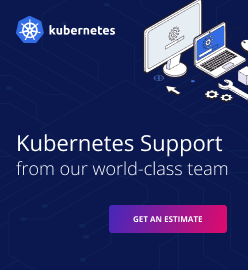PaaS News Summary: October 2013

Highlights
Below, you will find a brief overview of the main PaaS news for October 2013.
- The Cloud Foundry Community Advisory Board Kicked off
- Pivotal Released Cloud Foundry Plug-ins for Maven and Gradle
- The Solum Project from Rackspace to Increase Productivity of OpenStack Developers
- The Progress Pacific Platform: New Functionality
- OutSystems Launches Public Cloud-based PaaS for Building .NET and Java Apps
- OpenStack 2013.2 (Havana) Supports Docker Containers
- dotCloud Changed Its Name to Docker, Inc.
- Clever Cloud Announced Support for the Go Language
- Heroku: Extended Validation SSL Certificates and Public Beta Availability of WebSockets
- Updates to OpenShift Online and OpenShift Origin
1. The Cloud Foundry Community Advisory Board Kicked-off
Cloud Foundry Community Advisory Board (CAB) held its first public meeting on October 30. During the conference call that featured 52 attendees, CAB advisors were introduced to the public. As it had been announced in September, they discussed how to work with the community and determined the dates for the next PlatformCF conference. The recording of the meeting will be published soon.
2. Pivotal Released Cloud Foundry Plug-ins for Maven and Gradle
Pivotal announced Cloud Foundry plug-ins for two popular build tools: Maven and Gradle. Using the Java client library to interact with Cloud Foundry, the plug-ins make it possible for JVM developers to build, test, and deploy applications with a single command-line interaction. This blog post explains how to try the new plug-ins and how to set up continuous integration/deployment of applications to Cloud Foundry.
3. The Solum Project from Rackspace to Increase Productivity of OpenStack Developers
Rackspace announced Solum, a new open-source project in the OpenStack ecosystem. The main goal of Solum is to increase developer productivity during application life-cycle management. It also provides better application portability between different clouds.
4. The Progress Pacific Platform: New Functionality
At the Progress Exchange 2013 user conference in Boston, Progress unveiled new functionality of their platform, Progress Pacific. According to the press release, the platform was recently enhanced with intelligent workflows, business logic, and data integration to provide easy application development and data access.
5. OutSystems Launches Public Cloud-based PaaS for Building .NET and Java Apps
OutSystems PaaS is now generally available in the public cloud. Version 8 of this platform helps to build, deploy, and manage .NET and Java applications in any environment, generating native Java or .NET code with support for Red Hat JBoss, Oracle WebLogic, and Microsoft IIS/Windows Server.
6. OpenStack 2013.2 (Havana) Supports Docker Containers
The OpenStack foundation announced the latest version of OpenStack 2013.2—called Havana—that features native support for Docker containers and other new features. Now, users can spin up containers instead of virtual machine and boot environments in seconds when testing workloads.
7. dotCloud Changed Its Name to Docker, Inc.
dotCloud, a Platform-as-a-Service provider, changed their company name to Docker, Inc. after the technology they sponsor. While still offering a stand-alone PaaS product, Docker, Inc. will now concentrate on developing and monetizing the container technology.
8. Clever Cloud Announced Support for the Go Language
Clever Cloud announced support for the Go language on their PaaS platform. Mainly developed by Google, the Go language is a powerful tool for applications that use multicore and networked machines.
9. Heroku: Extended Validation SSL Certificates and Public Beta Availability of WebSockets
Heroku introduced extended validation SSL certificates that help users to differentiate between customer applications and applications owned by Heroku. Another update is public beta availability of WebSocket functionality on their platform.
10. Updates to OpenShift Online and OpenShift Origin
The October release of Red Hat’s OpenShift Online PaaS added group membership and user management, two features long-awaited by the user community. In addition, Red Hat rolled out the administration console for OpenShift Origin to assist developers in capacity planning and system monitoring.
Follow further PaaS updates on our blog or @altoros.









